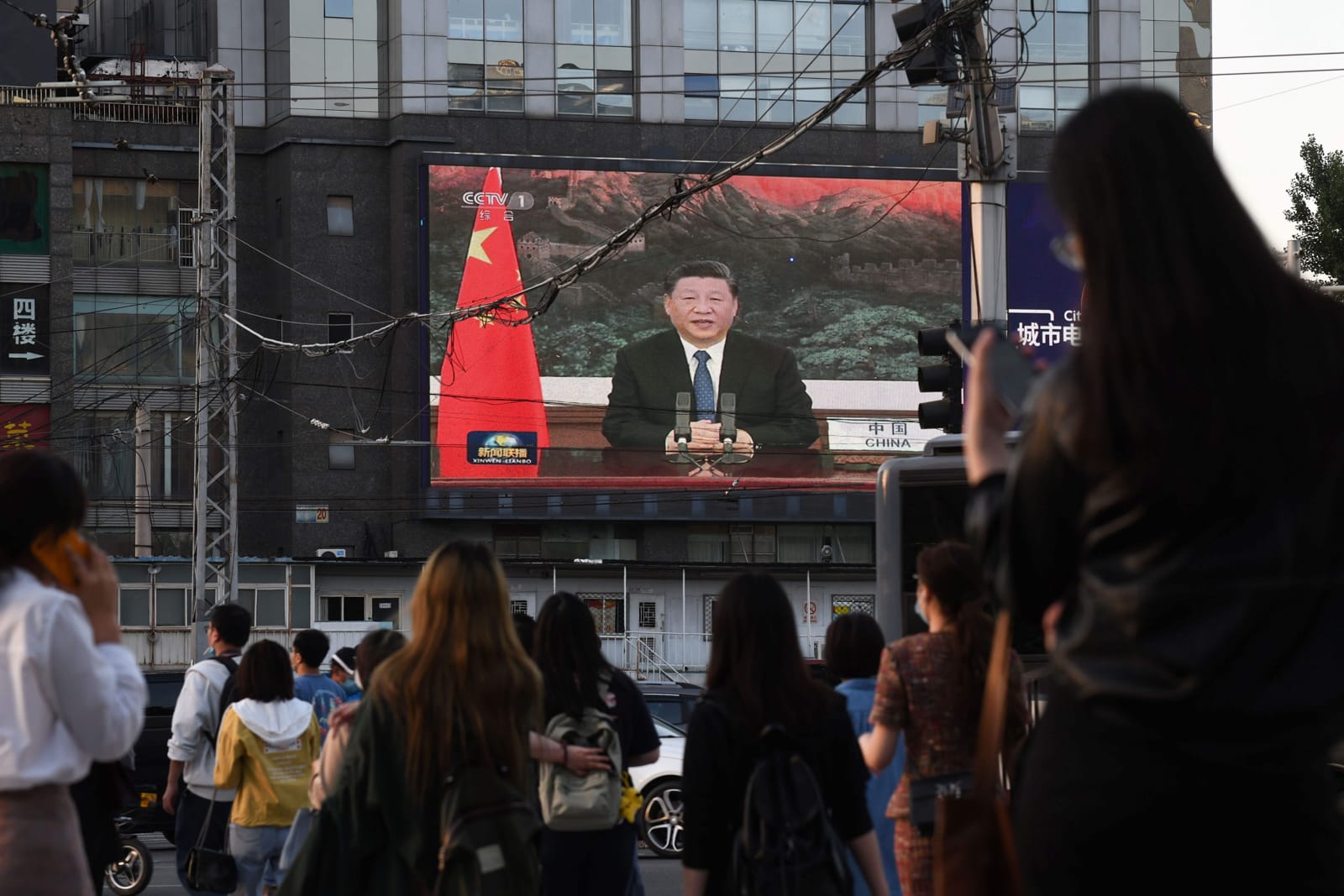In late 2021, just outside Taipei, a highly pathogenic coronavirus leaked from a lab.
It happened in a high-containment facility on a university campus: a researcher, finishing a day of working in several layers of personal protective equipment, removed her mask and inadvertently inhaled tiny, invisible particles of Sars-cov-2.
What happened next was telling. Rather than rushing to cover up the accident, Taiwanese authorities conducted an open, detailed and transparent investigation without delay. The institution paid a fine, the health minister explained the sequence of events to the press, and lessons were learned.
While no doubt a source of personal anguish for those involved, the lab incident demonstrated the clarity and professionalism with which Taiwanese authorities handled an unexpected outbreak of infectious disease.
In 2019, Sars-cov-2 emerged in Wuhan, China, and the ensuing crisis was decidedly not marked by transparency, but instead was met with secrecy and repression that saw journalists and clinicians harassed and imprisoned, and set in train acrimonious debate about the source of the virus that upended the world in a pandemic.
Rather than receiving prompt notification from Beijing, World Health Organisation (WHO) officials first learned of the Wuhan outbreak from three different sources: a local business publication, which had sought to confirm the authenticity of a gag order relating to the outbreak; ProMED mail, an infectious disease surveillance network; and, not least, from the deputy director of the Taiwanese Centre for Disease Control, who had been monitoring events in Wuhan from afar.
This was one of the first ironies of the Covid-19 pandemic: instead of hearing from central authorities in China about the new disease, as would be expected under the International Health Regulations, the WHO received warning from the CDC in Taiwan, a country not even afforded membership of the WHO. The reason for this exclusion is Beijing ominously warns the world that “Taiwan is not a country”. Hence, they cannot be a member.
While it didn’t gain it accession to the WHO, this vigilance at least gave Taiwan a head start in managing the pandemic. Thanks to a speedy and well-coordinated public health response, the nation of more than 23 million people had one of the lowest Covid-19 caseloads in the world for nearly 18 months, in the crucial period before there were vaccines. Taiwan managed to quash a Delta outbreak that appeared in mid-2021, as other countries, including Australia, struggled with the new variant. Later, the lab incident led to the exposure of 110 people, but this too was brought under control. It wasn’t until 2022, with most of the Taiwanese population vaccinated and the Omicron variant sweeping the world, that the virus truly spread throughout the country. This venerable success was despite Beijing’s attempts to block Taiwan from accessing much needed vaccines, and its unrelenting campaign to keep the country excluded from international forums.

Taiwan’s pandemic response should be offered to the world as a model. However, the most important international venue for discussing such matters, the World Health Assembly (WHA), remains out of reach for the country. This year, Taipei is again being blocked from attending the WHA amid a sustained campaign by officials from China to deny it a seat at the table. When the World Health Assembly declined to consider Taiwan’s inclusion last year, amid ongoing pressure from Beijing, China’s ambassador to the United Nations declared triumphantly that “the political and legal foundation for Taiwan's participation in the WHA does not exist”.
In the year since, the China’s military has encircled Taiwan with increasing menace. Reports of fighter jets, naval ships and drones crossing into the country’s airspace are now a frequent occurrence. Political leaders in the United States have voiced concerns that the PLA is “setting conditions to blockade Taiwan” in the coming months or years. Taipei needs a channel for self-advocacy at all international bodies, the World Health Assembly included. An invasion, after all, would entail profound consequences for public health.
The WHO’s response to Covid-19 has been highly questionable. In the first crucial weeks of the outbreak, the organisation went along with the laughable proposition posed by authorities in China that the virus could not be transmitted from person-to-person. Several other scandals followed, culminating in a shamefully compromised “investigation” into the origins of the disease, in which crucial data was withheld and Beijing’s pet theory – of the virus being imported via frozen seafood from abroad – was lent undue credibility.
Both Beijing and the WHO would do well to repair some of these shortcomings. Allowing Taiwan to at least attend the 2023 World Health Assembly as an observer would be a good start. Further down the road, perhaps one of the WHO’s much-vaunted Goodwill Ambassadors could extend Taiwan full membership. One in particular, the celebrated soprano Peng Liyuan, would be the ideal candidate to make such a gesture. Her marriage to China’s President Xi Jinping would surely present no real conflict of interest.

